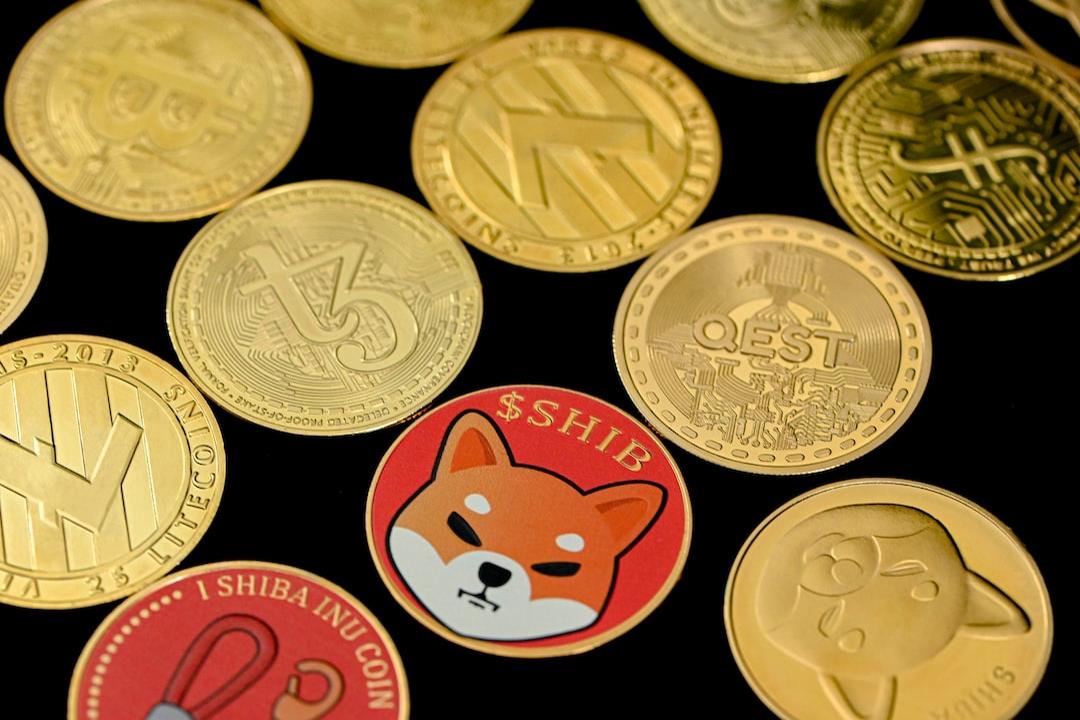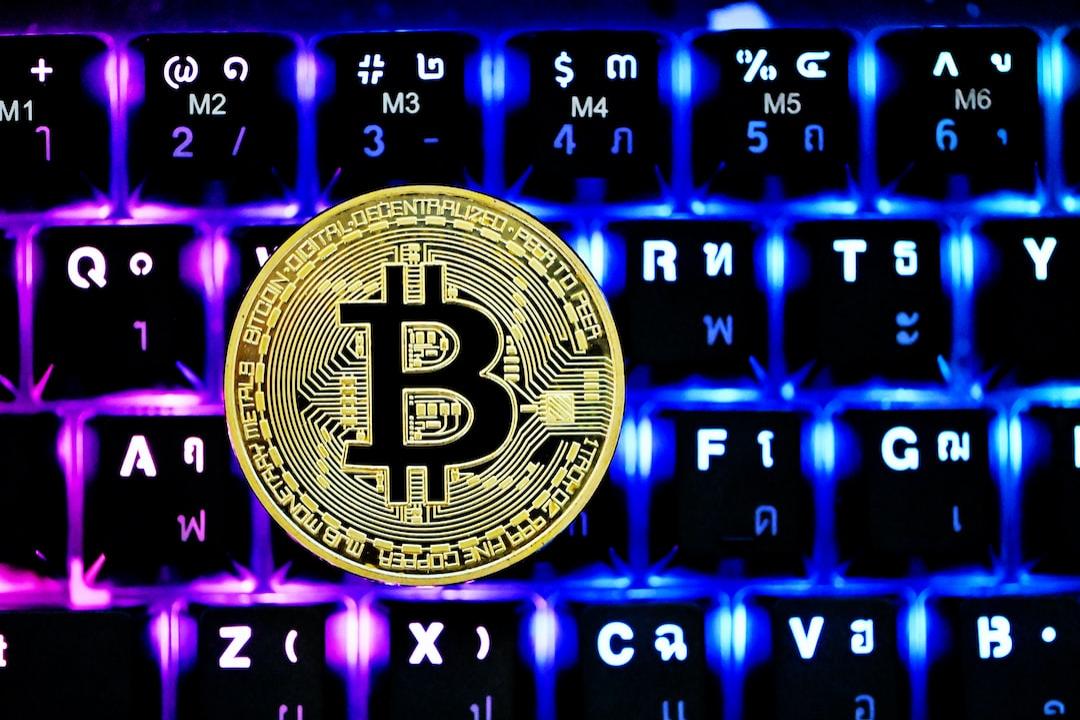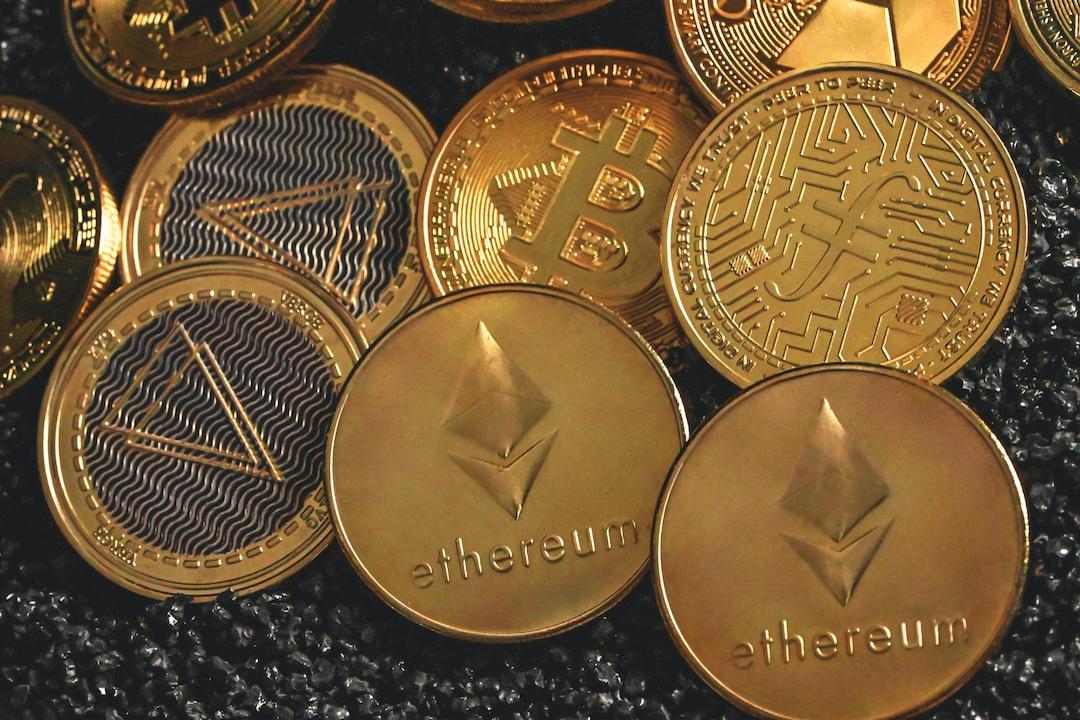To Prevent Money Laundering, New Regulations Prohibit Local VASP Operators (Exchanges) from Allowing Cash Transactions
This new measure does not impact online trading users, but many operators and experts sense a significant market shift.
(Background: BitAsset announces closure! This marks the second local exchange to shut down, triggering a domino effect?)
(Context: The Financial Supervisory Commission emphasizes that “Taiwanese exchanges must thoroughly investigate money laundering” and expand financial inspections; the association urges compliance with regulations.)
This morning (12th), news circulated within the community:
“Starting from May 7th, for the following month, all virtual currency operators in Taiwan may cease TWD cash transactions. In simple terms, no one is allowed to buy or sell any cryptocurrency with cash outside of the exchange, including virtual currency practitioners.”

The Block contacted the Securities and Futures Bureau of the Financial Supervisory Commission, which confirmed this information and provided more details, primarily as follows:
- Mandatory regulations for all registered virtual currency operators (exchanges) in the country.
- Users cannot use untraceable cash to buy and sell cryptocurrencies. Previously, cash transactions were mainly conducted through physical exchange locations or through arrangements made between high-volume cash clients and exchanges for specific transaction times and locations.
- Existing online trading customers remain unaffected, as their transactions are routed through banks.
- The main reason for this regulation is that investigators often encounter difficulties tracking cash transactions in fraud cases involving cryptocurrencies.
- The primary impact will be on customers using cash; under this regulation, if users wish to trade cryptocurrencies with cash, they may need to request a notarized source of funds from accounting firms or similar entities.
Community and Operator Reactions
The Taiwanese crypto community generally responded, saying “although it is claimed to be a measure against fraud and money laundering, it seems excessive,” and “there aren’t such strict regulations for foreign exchange.” The Block also received complaints from some operators:
- If Taiwan’s crypto industry is subjected to such strict regulations, why not crack down on underground remittances used by foreign laborers? Compliant currency exchange offices can still accept cash; why can’t physical cryptocurrency stores?
- Some operators expressed concern, stating that not every user prefers online trading or bank transactions, as many people live their lives using cash. For instance, those in traditional industries often receive all their income in cash, and when they want to buy Bitcoin, they come to the store with cash. If this continues, my physical store may have to close down.
Anonymous experts also commented on the situation, noting the Financial Supervisory Commission’s strong stance against fraud. Due to concerns arising from the Binance incident, the commission was already looking to implement “complete financial control” over cryptocurrency transactions, modeling after South Korea. However, the Taiwanese industry is not as robust as Korea’s, and such stringent financial controls could stifle innovation.
Experts pessimistically foresee two possible outcomes: either domestic exchanges struggle to operate and eventually only a few remain, or underground OTC trading becomes prevalent, leading to a situation where regulations exist but are effectively resisted, making enforcement challenging.


